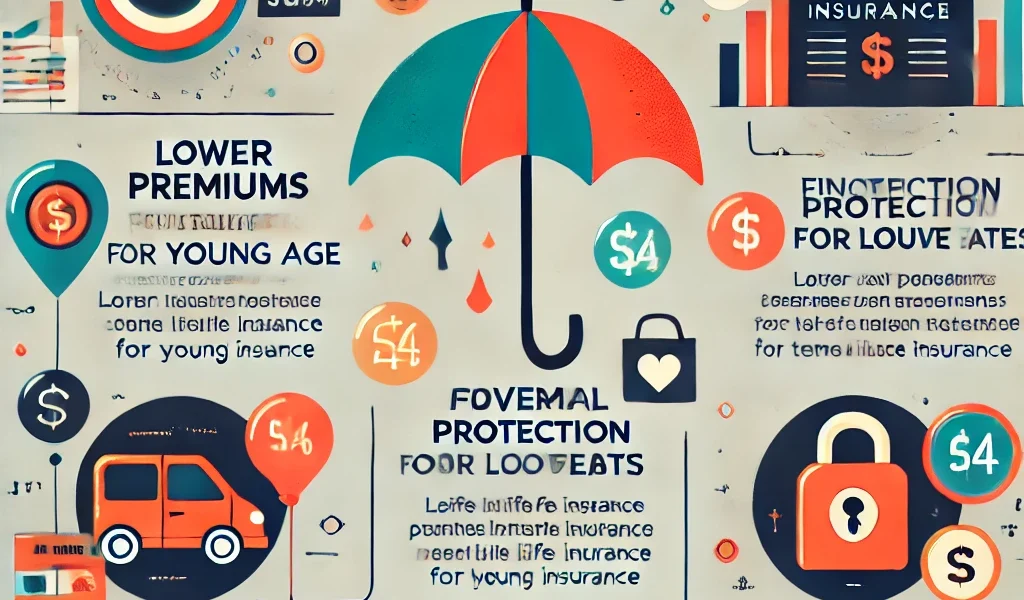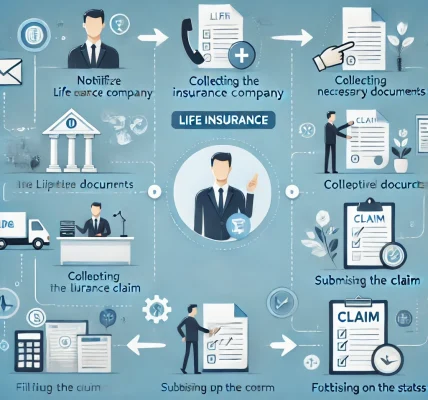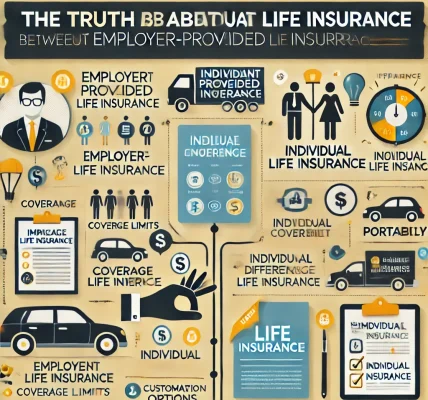Introduction
Life insurance is often overlooked by millennials, as many believe it’s unnecessary at a young age. However, securing life insurance early can offer long-term financial benefits, protection for loved ones, and even serve as an investment tool. This guide will break down why life insurance matters for millennials and provide practical steps to get started.
Why Life Insurance is Important for Millennials
1. Lower Premiums When You Start Early
The younger and healthier you are, the lower your insurance premiums. Waiting until later in life increases the cost significantly.
2. Protecting Loved Ones from Financial Burden
Even if you don’t have dependents, life insurance can cover student loans, credit card debt, and funeral expenses, preventing financial stress on family members.
3. Employer Coverage May Not Be Enough
Many millennials rely on employer-provided insurance, but these policies are often limited and do not carry over if you switch jobs.
4. Building Cash Value with Permanent Life Insurance
Some policies, like whole life or universal life insurance, accumulate cash value over time, which can be used for future financial needs.
5. Ensuring Future Insurability
If you develop a medical condition later in life, getting insured may become expensive or impossible. Locking in a policy early secures your eligibility.
How to Choose the Right Life Insurance Policy
1. Understand the Types of Life Insurance
- Term Life Insurance: Covers you for a specific period (10, 20, or 30 years) and is generally more affordable.
- Whole Life Insurance: Provides lifelong coverage and builds cash value.
- Universal Life Insurance: Offers flexibility in premiums and coverage amounts, along with a cash value component.
2. Determine Your Coverage Needs
Consider factors like debts, future expenses (e.g., mortgage, children’s education), and income replacement to decide on an appropriate coverage amount.
3. Compare Quotes from Different Insurers
Use online comparison tools or work with an insurance broker to find the best coverage at an affordable price.
4. Check Policy Riders and Benefits
Riders like waiver of premium, accelerated death benefits, or critical illness coverage can enhance your policy.
5. Review the Financial Strength of the Insurer
Choose a company with strong financial ratings to ensure reliability when payouts are needed.
Steps to Get Started with Life Insurance
1. Assess Your Financial Situation
Review your income, debts, and financial goals to determine how much coverage you need.
2. Decide Between Term and Permanent Insurance
If affordability is a concern, start with term life insurance. You can later convert it to a permanent policy if needed.
3. Get Multiple Quotes
Research and compare policies from different insurers to find the best deal.
4. Go Through a Medical Examination (if required)
Some policies require a medical exam, while others offer no-exam options at a higher premium.
5. Read the Fine Print
Understand the terms, exclusions, and conditions before finalizing your policy.
6. Purchase and Keep Your Policy Updated
Once you buy a policy, review it periodically to ensure it meets your evolving needs.
Common Myths About Life Insurance for Millennials
1. “I’m Too Young to Need Life Insurance”
- Getting insured early saves you money and ensures long-term security.
2. “Life Insurance is Too Expensive”
- Term life insurance is affordable, especially for young and healthy individuals.
3. “I Have No Dependents, So I Don’t Need It”
- Life insurance can cover debts, medical bills, and funeral costs, easing financial burdens on your family.
Conclusion
Life insurance is a crucial part of financial planning for millennials. By securing a policy early, you can benefit from lower premiums, ensure financial security, and protect loved ones. Whether you opt for term or permanent life insurance, taking action now can make a significant difference in the future. Start by assessing your needs, comparing options, and making an informed decision to safeguard your financial future.




